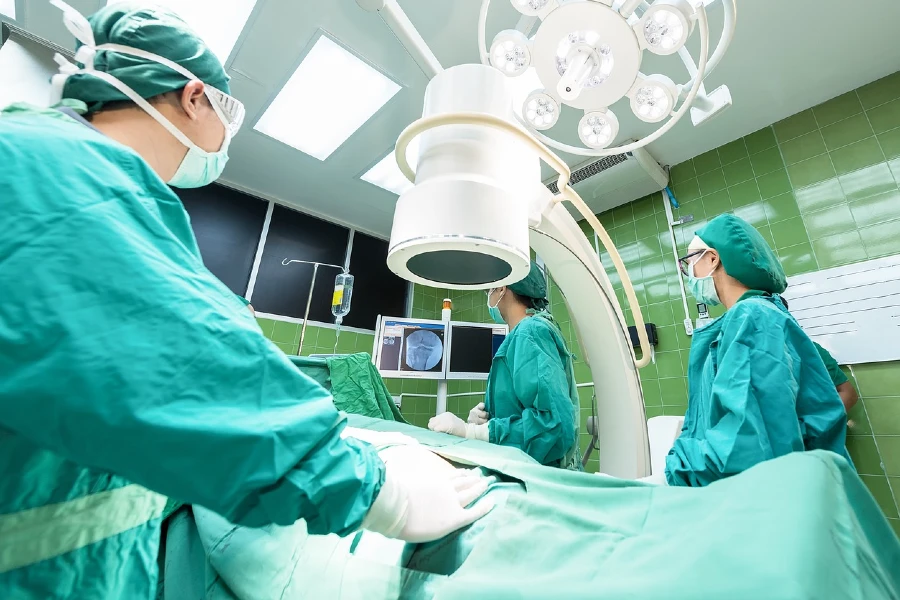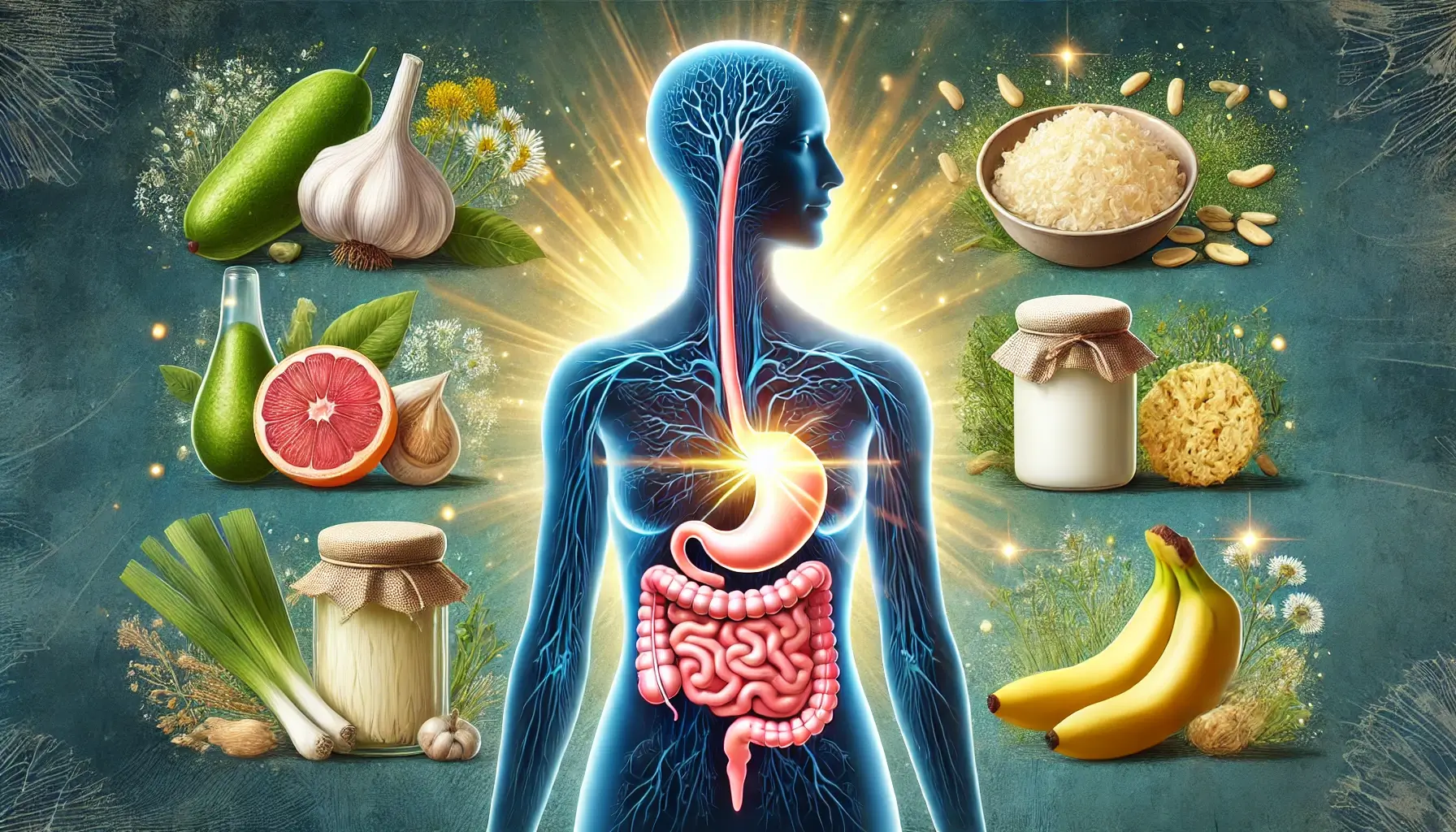What is Inflammatory Bowel Disease?
Inflammatory bowel disease (IBD) is a set of chronic inflammatory disorders affecting the gastrointestinal (GI) tract or digestive system. The two major types of IBD are:
Crohn’s disease: This type of IBD can cause inflammation in any area of the GI tract, including the mouth and anus. It primarily affects the lower part of the small intestine (ileum) and the colon.
Ulcerative colitis: A kind of IBD that primarily affects the colon’s lining (large intestine) and the rectum.
Symptoms of IBD:
Common IBD symptoms vary according to the intensity of inflammation and the location of the affected area. However, some general signs are:
- Diarrhea may be bloody
- Abdominal pain and cramps
- Urgent need for a bowel movement
- Rectal bleeding
- Weight loss
- Fatigue
- Feeling bloated
Causes of IBD:
Although the actual cause of IBD is unknown, experts believe it is a combination of events, including:
Immune system: In persons with IBD, the immune system incorrectly assaults healthy tissues in the GI tract, resulting in inflammation.
Genetics: Having a close relative with IBD enhances your chances of having the disorder.
Environmental factors: Smoking and exposure to certain bacteria or viruses may contribute to the development of IBD.
Diagnosis for IBD:
There is no single test to diagnose IBD. Doctors commonly employ a mix of diagnostic procedures, including:
Medical history and physical exam: Your doctor will review your symptoms and medical history before performing a physical exam to look for evidence of inflammation.
Blood testing: It can help diagnose anemia, infections, and other problems.
Stool tests: They can detect blood, illness, or underlying inflammation.
Imaging studies: Such as X-rays, CT scans, and MRIs, can help visualize the GI system and detect inflammation or blockages.
There is no cure for IBD, although medications can help manage symptoms and reduce inflammation.
Endoscopy: This treatment includes introducing a thin, flexible tube containing a camera into the rectum and colon to examine the interior lining. Biopsies (tissue samples) may be collected for further testing.
Treatment for IBD:
There is no cure for IBD, although medications can help manage symptoms and reduce inflammation.
Common treatments include:
Corticosteroids can be used to alleviate inflammation, immunosuppressants to suppress the immune system and anti-diarrheal medicines.
Diet and lifestyle adjustments: Certain dietary and lifestyle changes, such as stress management, can aid symptom management and overall well-being.
Surgery: In certain severe situations, surgery may be required to remove a damaged part of the GI tract.
Living With IBD:
IBD can be a complex condition, but with the proper treatment and lifestyle changes, many people can live whole and productive lives. Here are some resources that you may find helpful.
The National Institutes of Health (NIH) on Inflammatory Bowel Disease
The Crohn’s and Colitis Foundation https://www.crohnscolitisfoundation.org
Remember, if you have symptoms of IBD, you should see a doctor for a correct diagnosis and treatment.













